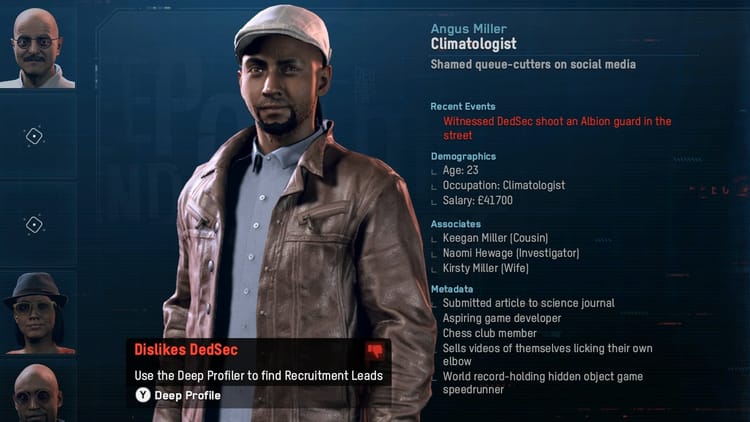The AI Paradox: Automating Away the Entry-Level

AI is a game-changer, no doubt. It's like having a tireless assistant who can handle those repetitive, mind-numbing tasks we all dread. In the cybersecurity world, this is a godsend. Security is tough, it demands a broad skill set and a deep understanding of technology. Historically, breaking into the field meant paying your dues in other IT areas like engineering or system administration.
AI is changing that. Every day, new AI-powered tools pop up, automating those entry-level tasks that used to be the proving ground for newcomers. Think about it: if AI handles the basics, what's left for the newbies? The bar to entry gets higher, and the learning curve steeper.
This isn't just a security problem, I’m pretty sure it's happening across the tech industry. But in security, it's especially concerning. We're already facing a skills shortage, not because there aren't enough people interested, but because their skills don't match what employers need. AI is widening that gap.
The Short-Term Gain, Long-Term Pain
In the short term, AI automation feels like a win. It frees up experienced professionals to focus on complex threats and strategic initiatives. But what about the long-term consequences?
- Fewer Opportunities for Newcomers: If entry-level tasks are automated, how do aspiring security professionals gain the experience they need to advance?
- A Widening Skills Gap: The industry needs fresh talent, but AI might inadvertently be making it harder for newcomers to get their foot in the door.
- Stagnation for Experienced Professionals: If AI handles all the "easy" stuff, are we risking a future where even seasoned pros become complacent?
Finding the Balance
AI is here to stay, and that's a good thing. But we need to be mindful of its impact on the future of our industry. We need to find ways to leverage AI's power while ensuring that the next generation of cybersecurity professionals has the opportunity to learn and grow.
Today's cybersecurity professionals must be part data scientist, part AI engineer, and part traditional security expert to be able to stay relevant, continue to develop their skills and progress in their careers.
Kshetri (2021) discusses the economics of AI in cybersecurity, pointing out that while AI may automate certain tasks, it's also creating a surge in demand for AI-savvy security professionals.
And to close it off, some ideas to consider:
- Mentorship and Training Programs: Invest in developing talent and providing hands-on experience, even with AI in the mix. This has to be done in a way that mimics the real world and convince companies to look for talent on those places. On top of that how to make it affordable so anyone can join and have anhave honest shot at it?
- Evolving Job Roles: Reimagine entry-level positions to focus on skills that AI can't replicate, like critical thinking and problem-solving. Depending how AI will advance we will need to restructure our teams completely requiring new skills.
- Continuous Learning: Encourage a culture of lifelong learning, where professionals at all levels are constantly upskilling to stay ahead of the curve. I have a full article on this point, the initial thought was that with AI we will be able to work less but what we have come to realise is that it will actually make us work more to keep ahead of the curve.




